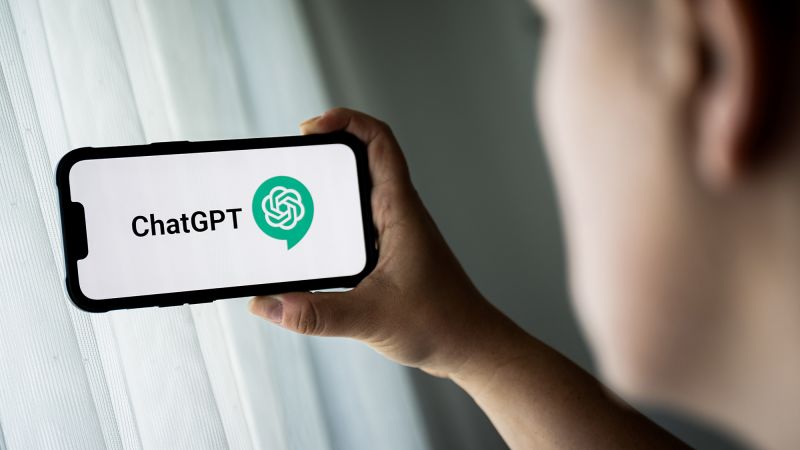OpenAI will allow erotic content in ChatGPT for verified adult users starting December 2025, introducing verified adult access and age verification safeguards. The move creates product opportunities while raising questions about AI safety protocols, privacy protection, moderation and regulatory compliance.

OpenAI chief Sam Altman announced that a forthcoming ChatGPT update will permit erotic content for verified adult users, with age verification safeguards set for rollout in December 2025. The announcement marks a policy shift from stricter restrictions and puts the spotlight on how platforms balance user freedom with robust AI safety protocols and AI compliance standards.
For years, many chatbot providers limited sexually explicit outputs to reduce harm and meet content rules. Meanwhile, other services allowed mature content for consenting adults, creating competitive pressure. OpenAI’s change reflects broader industry trends where platforms use tiered access and verified adult access to enable explicit content AI experiences while trying to keep minors and bad actors out.
OpenAI will allow ChatGPT mature mode for users who pass age verification. This reverses prior blanket restrictions on erotic content and creates new possibilities for developers, creators and businesses building adult targeted AI experiences. At the same time, the company must explain how it will meet privacy protection expectations and maintain AI content moderation at scale.
Age verification is the process of confirming a user is above a legally defined age threshold. Methods vary in strength and privacy impact:
OpenAI says it will implement safeguards to prevent minors from accessing the feature, but has not disclosed full technical or retention details. For companies integrating verified adult access ChatGPT, designing privacy preserving verification will be essential to meet user trust and regulatory scrutiny.
This pivot fits a larger pattern where platforms adopt risk calibrated controls rather than one size fits all bans. For SEO and audience visibility, publishers should signal expertise and trust by following E E A T principles and by using conversational keywords such as "ChatGPT adult content" and "age verification" that match user intent. Coverage should also address AI safety for minors, parental controls AI and AI privacy protection to capture topical search interest.
OpenAI’s adult mode for ChatGPT will be an important test of modern content governance. If verification and moderation systems are effective and transparent, the change could open legitimate business use cases and give consenting adults more autonomy in AI interactions. If not, it will draw regulatory pushback and public concern. Organizations building on this capability should prepare for extra compliance requirements, implement privacy first age verification, and maintain robust moderation and reporting to meet both user expectations and regulator demands. Watch for detailed technical disclosures from OpenAI and early adoption patterns after the December 2025 rollout.



